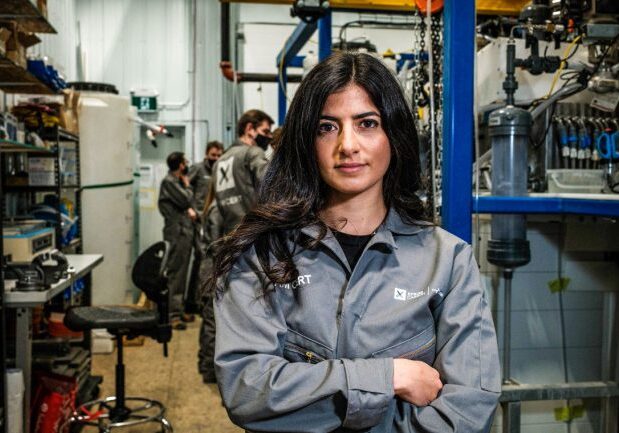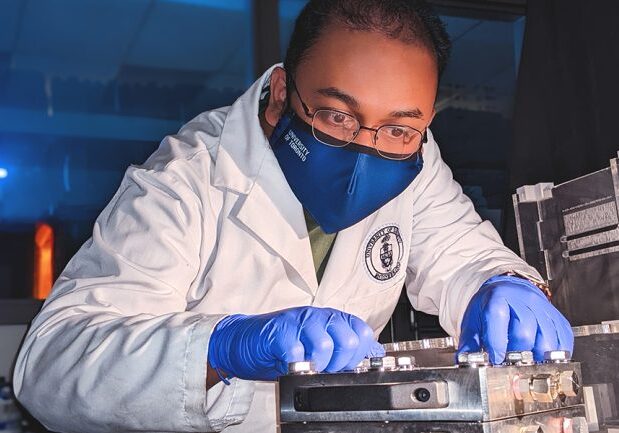
Safe water, low cost: Meet award-winning global engineering leader Nitish Sarker
Sarker (MIE PhD candidate) earned the Global Engineering Outstanding Student Award from the Mortenson Center in Global Engineering at the University of Colorado Boulder
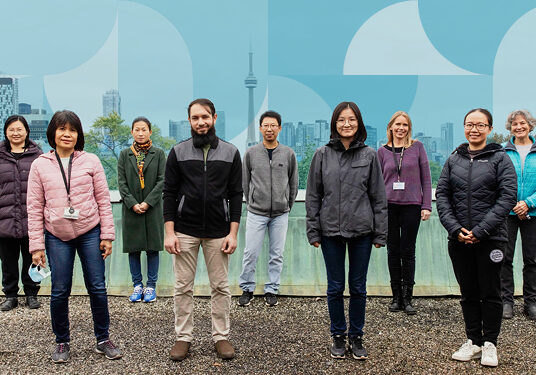
Tracking community transmission: Researchers advance COVID-19 variant detection in GTA wastewater
A collaboration between ChemE and U of T’s Department of Chemistry is strengthening viral signals and the early detection of variants of concern in wastewater
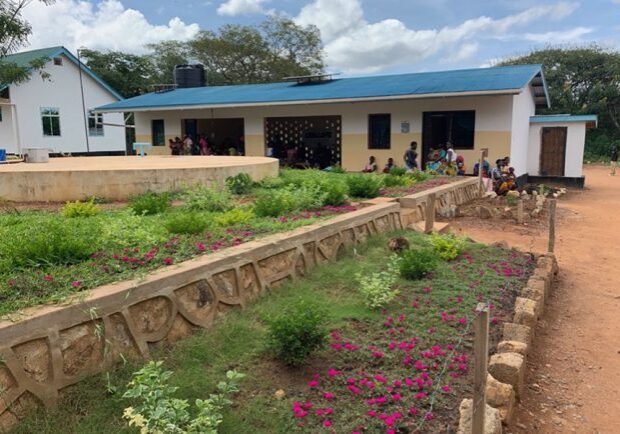
Solar-powered UV water treatment could improve health outcomes in rural Tanzania
PhD candidate Karlye Wong (CivMin) is assessing and optimizing off-grid systems for disinfecting drinking water before use
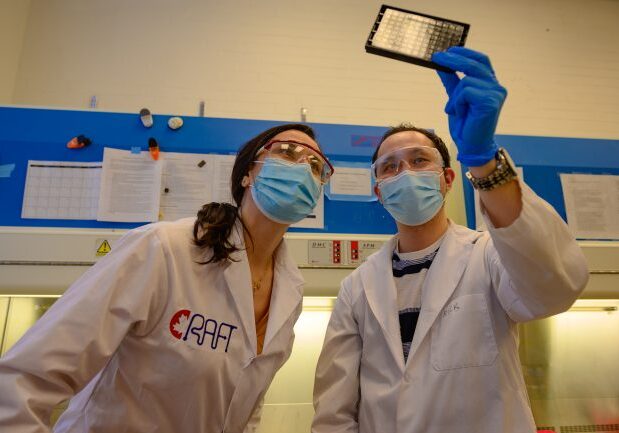
Organ-on-a-chip research identifies new strategy for treating health complications associated with COVID-19
U of T Engineering researchers used lab-grown models of human vasculature to screen potential drug candidate molecules for effectiveness against SARS-CoV-2 vascular dysfunction and cytokine storm
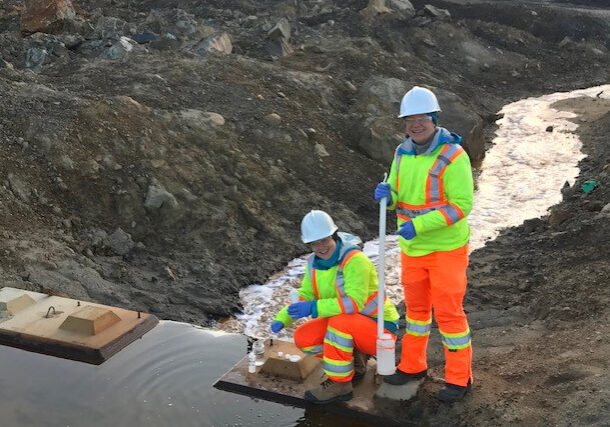
Academic-industry partnership leads to improved methods for managing sulfur compounds in mining sites
Hudbay receives regulatory approval for new monitoring technique co-developed with University of Toronto Engineering Professor Lesley Warren (CivMin)

